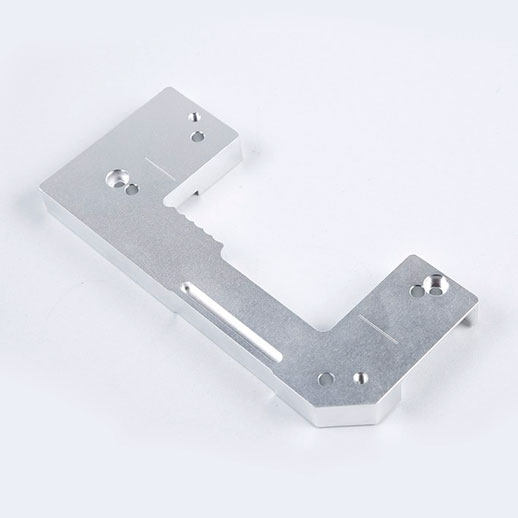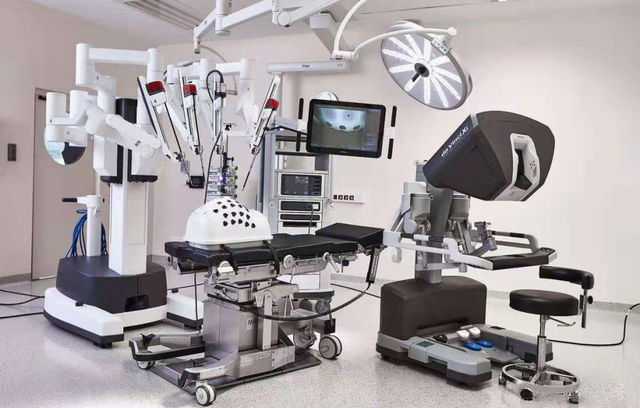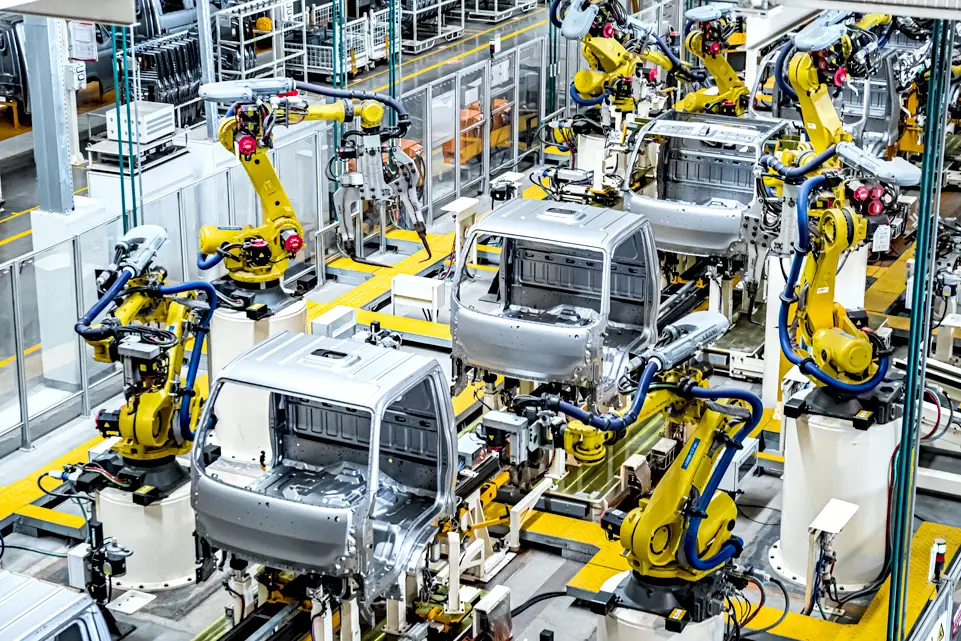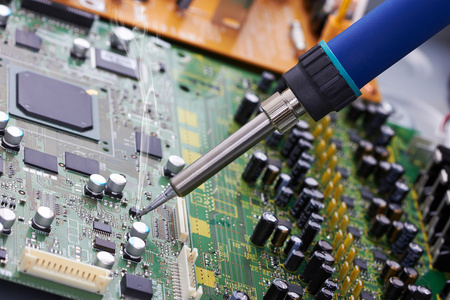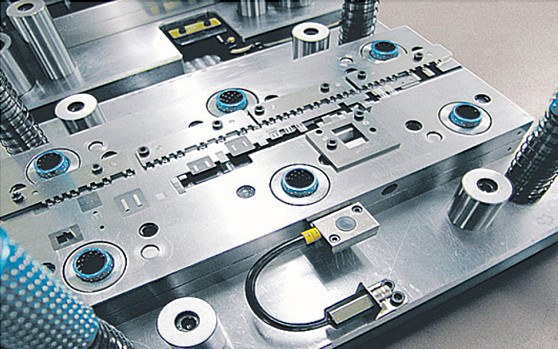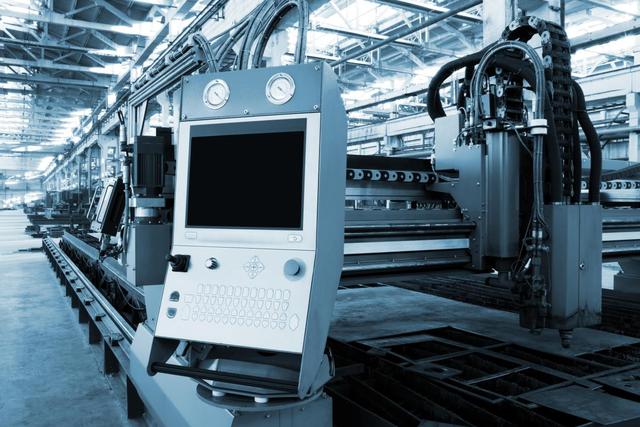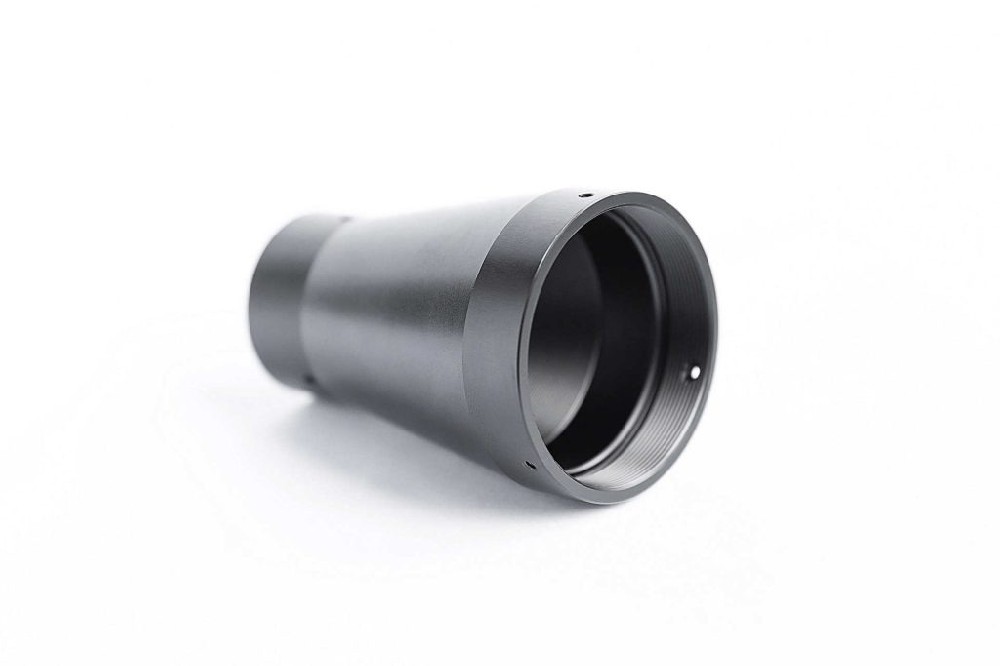
Strength, Weight, Corrosion: Selecting the Perfect Aluminum for Your CNC Parts
Aluminum is the most widely used material inCNC machining.It provides a remarkable combination of desirable features. It is strong yet lightweight, resists corrosion well, and can be machined more easily than other metals. This versatility makes it suitable for a wide range of CNC machin
Quote Now!
Strength, Weight, Corrosion: Selecting the Perfect Aluminum for Your CNC Parts
Release time:2024-04-18 | Visits:198Aluminum is the most widely used material in CNC machining. It provides a remarkable combination of desirable features. It is strong yet lightweight, resists corrosion well, and can be machined more easily than other metals. This versatility makes it suitable for a wide range of CNC machining applications, including delicate electronic components and high-strength aerospace parts. This guide delves into the key properties of the most common CNC aluminum alloys, allowing you to understand how factors such as strength, weight, and corrosion resistance influence your choice. Finally, you’ll be able to select the best aluminum for your CNC project, ensuring that your components are not only functional but also lightweight, durable, and built to last.

What Are the Most Common Aluminum Used in CNC Machining?
Different aluminum alloys have varying strengths, weaknesses, and machining properties. Understanding the most common options allows you to select the alloy that best meets the requirements of your project. For most CNC machining projects, 6061 is an excellent starting point. If you require greater strength, 7075 may be the answer. If corrosion resistance is your primary concern, then 5052 may be a good option. Ultimately, the best alloy is determined by your project’s specific requirements. The most commonly used aluminum alloys for CNC machining are:
Aluminum 6061
This is the most popular option for CNC machining overall. It provides a good balance of machinability (ease of cutting and shaping), corrosion resistance, and strength. It is also relatively inexpensive and can be heat-treated to increase strength. This makes 6061 a versatile material for a wide range of applications, including machine parts and electronic housings.
| Tensile Strength, Yield (MPa) | Young’s Modulus (E) | Density (ρ) | Specific Heat Capacity (c) | Elongation (ε) at break |
| 124–290 MPa (18.0–42.1 ksi) | 68 GPa (9,900 ksi) | 2.70 g/cm3 | 897 J/(kg·K) | 12–25% |
Aluminum 5052
This alloy is known for its high machinability and weldability. It also has high corrosion resistance, especially in saltwater environments. However, 5052 has a lower strength than some of the other options. This makes it an excellent choice for parts that must be easily formed or welded but are not subjected to extreme stress.
| Density (ρ) | Volume Resistivity (ρ) | Young’s Modulus (E) | Elongation (ε) at break | Tensile Strength, Yield (MPa) |
| 2.68 g/cm3 | 49.3-49.9 nOhm*m | 69.3 GPa | 7-27% | 195–290 MPa (28.3–42.1 ksi) |
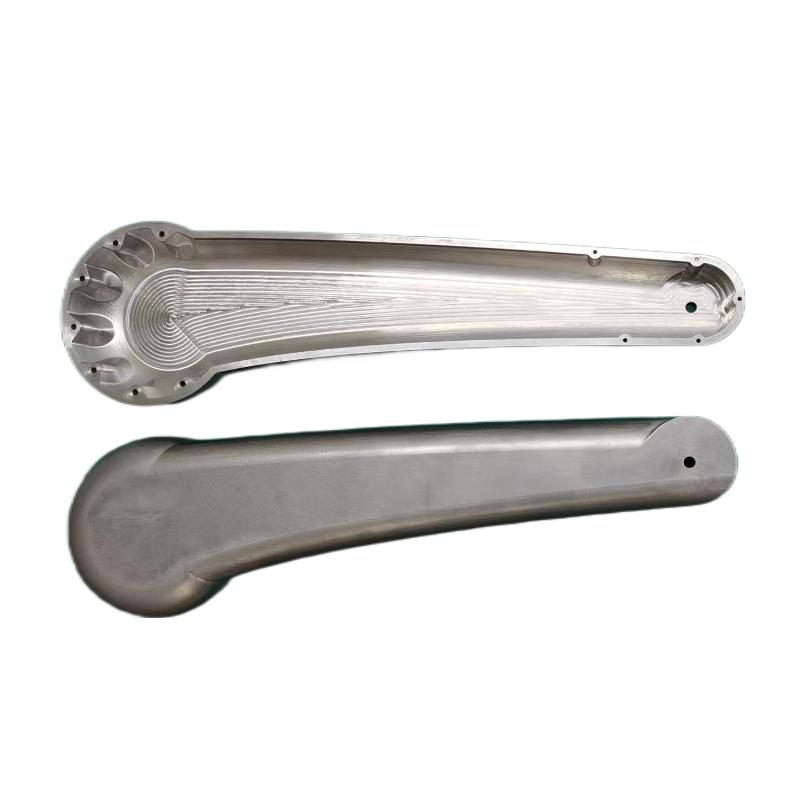
Aluminum 2024
This alloy has a high strength-to-weight ratio, making it suitable for applications where weight is an issue but strength is required. It is commonly used in aircraft parts, but due to its lower corrosion resistance than 6061, it frequently requires additional coatings or treatments.
| Density (ρ) | Electrical Conductivity | Young’s Modulus (E) | Elongation (ε) at break |
| 2.78 g/cm3 (0.1 lb/in3) | 30% | 73 GPa (10.6 Msi) | 10–25% |
Aluminum 7075
This high-strength alloy is commonly used in demanding applications such as aerospace and motorsport components. However, it is more difficult to machine than other materials and is more prone to corrosion.
| Density (ρ) | Young’s modulus (E) | Tensile Strength (σt) | Elongation (ε) at break | Maximum Yield Strength |
| 2.81 g/cc (0.102 lb/cu in) | 71.7 GPa (10,400 ksi) | 572 MPa (83.0 ksi) | 11% | 280 MPa (41 ksi) |
Aluminum 6063
This is similar to 6061 but with slightly better machinability for intricate shapes. It’s not as common, but it can be a good choice if you need a little more machining ease.
| Density (ρ) | Young’s modulus (E) | Tensile Strength (σt) | Elongation (ε) at break | Specific Heat Capacity (c) |
| 2.69 g/cm3 | 68.3 GPa (9,910 ksi) | 145–186 MPa (21.0–27.0 ksi) | 18–33% | 900 J/kg*K |
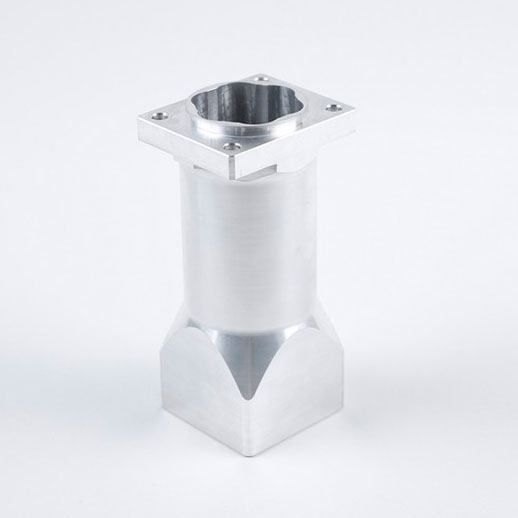
What Are the Key Properties of Different Aluminum?
| Property | Aluminum 2024 | Aluminum 6061 | Aluminum 6063 | Aluminum 5052 | Aluminum 7075 |
| Strength | High | Good | Good | Fair | Very High |
| Weight | Low | Medium | Medium | Low | Medium |
| Corrosion Resistance | Fair | Good | Excellent | Excellent | Good |
| Machinability | Good | Excellent | Excellent | Excellent | Fair |
Here’s a brief explanation of each property:
Strength: This describes the material’s ability to withstand tensile, compressive, and shear forces.
Weight: This is the density of the material, which influences the overall weight of the component.
Corrosion Resistance: This refers to the material’s ability to resist rust and other types of corrosion.
Machinability: CNC machining allows for easy material shaping and cutting.
Each aluminum alloy has unique properties. The best alloy for your project will be determined by the application’s specific requirements.
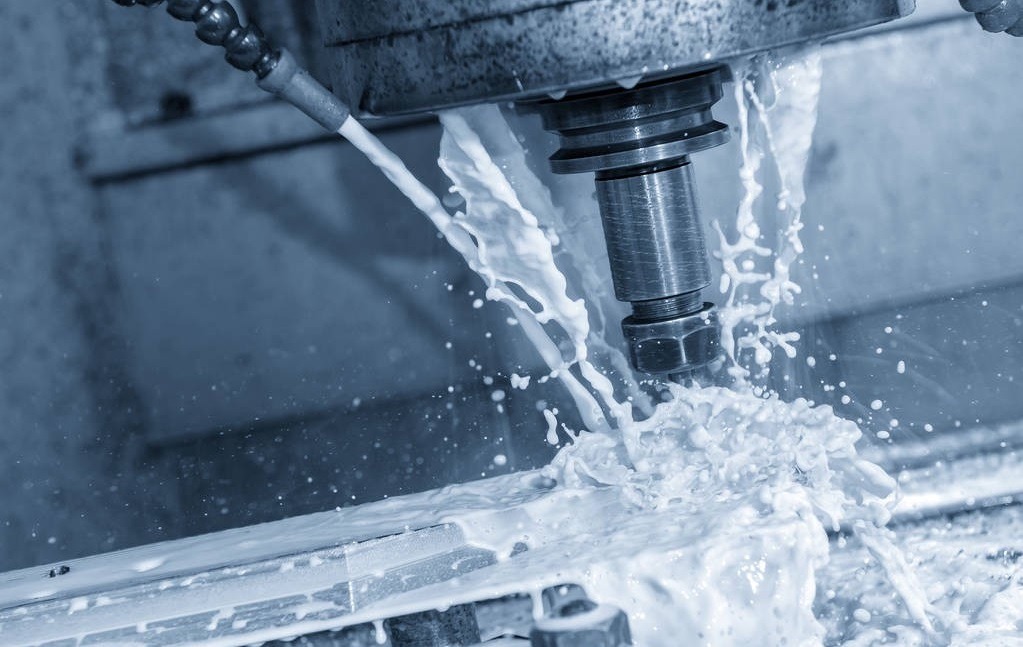
Which Aluminum Is Best for My Specific Application?
Choosing the best aluminum alloy for your specific application requires balancing several important factors:
Factor 1: Part Function
High Strength and Low Weight: If your part needs to be both strong and lightweight, consider Aluminum 2024 or Aluminum 7075. These alloys have a good strength-to-weight ratio, making them ideal for applications such as aircraft parts, bicycle frames, and high-performance automotive components.
Formability and Welding: Aluminum 5052 is a suitable material for parts that require extensive bending, shaping, and welding. It is highly machinable and weldable, making it ideal for formed housings, brackets, and marine components that must withstand saltwater corrosion.
General Purpose Applications: Aluminum 6061 is the most versatile material for parts that require a good balance of properties without having to be extremely strong. It is easy to machine, has good strength, and resists corrosion well. This makes it suitable for a variety of applications, including machine components, electronic housings, and structural parts.
Factor 2: Required Strength
High-Stress Applications: If your part will be subjected to significant stress or load, prioritize alloys with high strength, such as Aluminum 7075. This is frequently used in demanding applications such as aerospace components, pistons, and high-performance gears.
Moderate Stress Applications: Aluminum 2024 or 6061 are suitable for parts that require moderate stress. 2024 strikes a good balance, whereas 6061 is more affordable and easier to machine.
Low Stress Applications: Aluminum 5052 is a good choice for low-stress parts because of its low cost and excellent machinability.
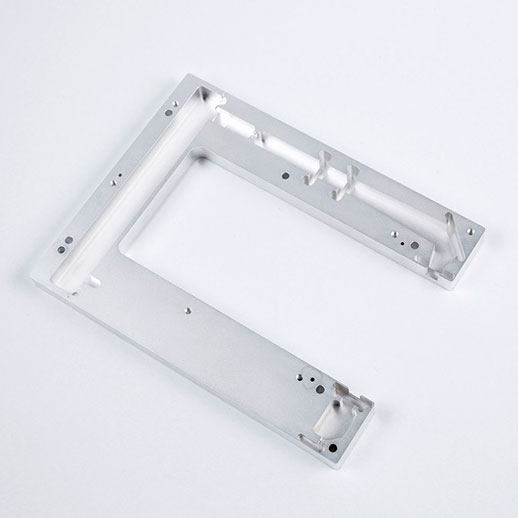
Factor 3: Weight Limitations
Lightweight and High Strength: If weight reduction is critical, prioritize alloys such as Aluminum 2024 or Aluminum 7075. These have a good strength-to-weight ratio, making them ideal for applications that require weight reduction.
Weight is not Critical: If weight is not a major concern, you can consider a broader range of materials such as Aluminum 6061 or Aluminum 6063. These provide a balance of properties and may be less expensive or easier to machine.
Factor 4: Exposure to Elements
Outdoor or Corrosive Environments: If your part will be exposed to harsh environments, prioritize alloys with high corrosion resistance. Aluminum 5052 and 6063 excel in this area, especially in saltwater applications.
Indoor or Mild Environments: If the part will be used indoors or in a controlled environment, a wider range of materials such as Aluminum 2024 or Aluminum 6061 may be appropriate. These alloys, however, may require additional coatings or treatments for extended outdoor use.
By carefully evaluating these factors and taking into account the specific needs of your application, you can narrow down the best aluminum alloy for your CNC machined part. It is also recommended that you consult with a CNC machinist or material engineer for additional advice based on your specific requirements.
